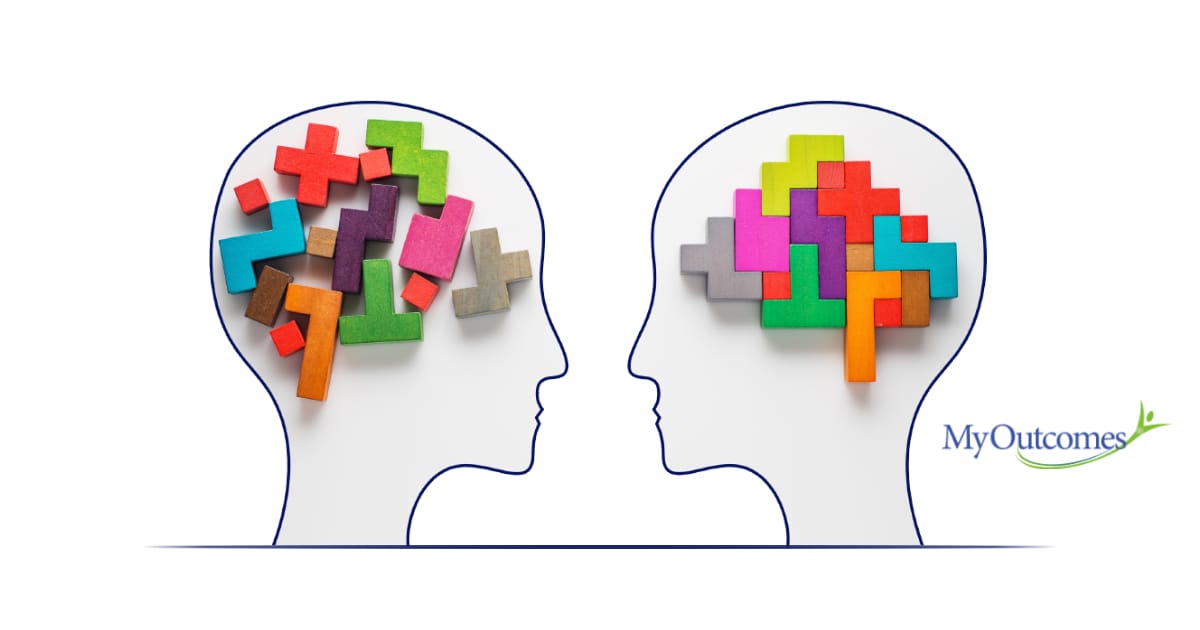Behavior-based mental health therapies are a set of therapeutic practices that focus on identifying and changing potentially self-destructive or unhealthy behaviors. These approaches are grounded in the belief that all behaviors are learned and that unhealthy behaviors can be changed, leading to improvements in mental health and overall well-being. This blog explores the core principles, types, benefits, and considerations of behavior-based mental health therapies.
The foundation of behavior-based therapies lies in the principles of behavioral psychology, which suggests that our actions are a direct result of our environment and learned responses. These therapies aim to modify negative behaviors through various techniques and strategies, focusing on the here and now rather than delving deeply into the past. The ultimate goal is to reinforce desirable behaviors and eliminate unwanted ones.
Several types of behavior-based therapies are widely used today, each with its unique approach to treating mental health issues:
- Cognitive-Behavioral Therapy (CBT): CBT is one of the most extensively researched and utilized approaches within behavior-based therapies. It works on the premise that our thoughts, feelings, and behaviors are interconnected, and by changing negative thought patterns, we can alter our behavior and emotions.
- Dialectical Behavior Therapy (DBT): DBT is a form of CBT that combines standard cognitive-behavioral techniques for emotion regulation with concepts of distress tolerance, acceptance, and mindful awareness largely derived from Buddhist meditative practice.
- Applied Behavior Analysis (ABA): ABA is often used in the context of autism spectrum disorder and focuses on improving specific behaviors, such as social skills, communication, reading, and academics, as well as adaptive learning skills.
- Behavior Modification: This involves the use of rewards or punishments to increase or decrease the occurrence of a behavior. Techniques can include positive reinforcement, time-out, and token economy systems.
Behavior-based therapies offer numerous benefits, including:
- Empowerment: These therapies empower individuals by teaching them skills to change their own behavior, leading to improved self-esteem and confidence.
- Evidence-Based: Many behavior-based therapies are supported by extensive research demonstrating their effectiveness in treating a range of mental health conditions.
- Flexibility: These therapies can be adapted to suit the needs of individuals across different ages, backgrounds, and with various mental health issues.
- Skill Development: Participants learn practical skills that can be applied to everyday situations, improving their ability to cope with life’s challenges.
While behavior-based therapies are highly effective for many, they are not a one-size-fits-all solution. Success depends on the individual’s commitment, the severity of the mental health condition, and the therapist’s expertise. Some individuals may require a combination of behavior-based therapy and medication or other forms of therapy to achieve the best outcomes.
Behavior-based mental health therapies represent a significant advancement in the treatment of mental health issues. By focusing on changing unhealthy behaviors through a structured and empirical approach, these therapies have helped countless individuals improve their mental health and quality of life. Whether dealing with depression, anxiety, behavioral disorders, or other challenges, behavior-based therapies offer a proactive and empowering path toward healing and well-being. As research continues to evolve, these therapies will undoubtedly continue to refine and expand their techniques, offering hope and healing to those in need.
